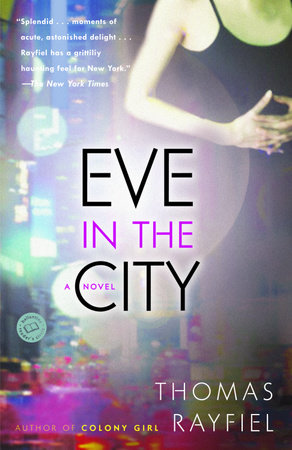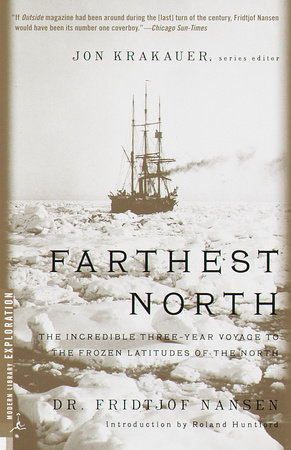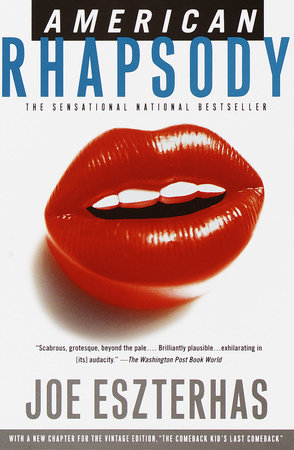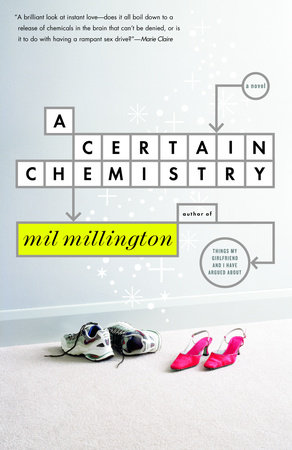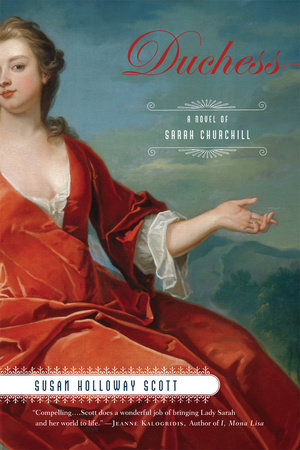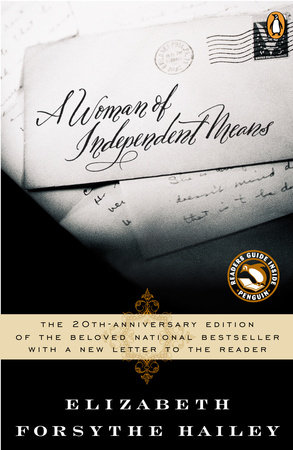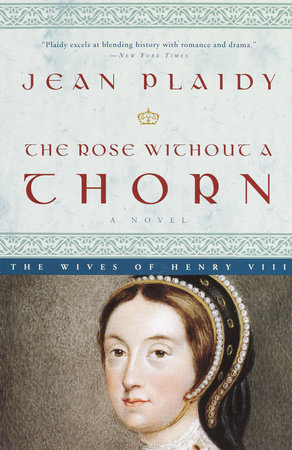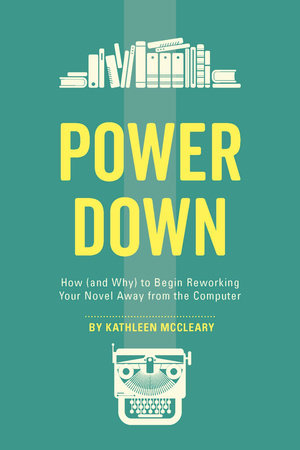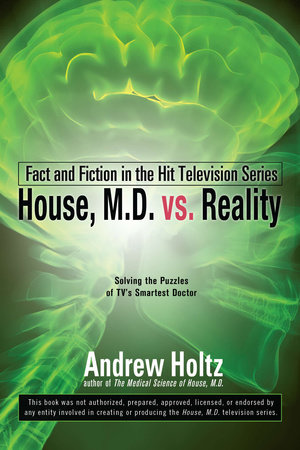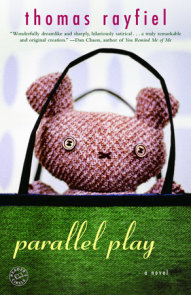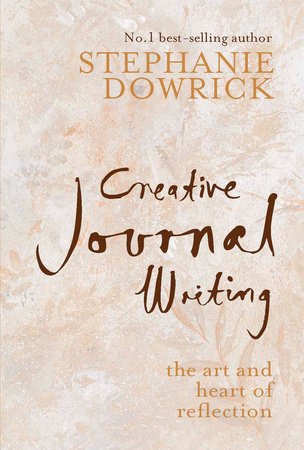Author Q&A
A CONVERSATION WITH THOMAS RAYFIEL
Dan Chaon is the author of the novel You Remind Me of Me and two short-story collections, Fitting Ends and Among the Missing, which was a finalist for the National Book Award. A native of Nebraska, Chaon currently lives in Cleveland, Ohio, with his wife and two sons. He is at work on a new novel.
Dan Chaon: How do you envision the relationship between
the novels Colony Girl and Eve in the City? Are they, ideally, to
be read as a “series”? Are they two totally separate novels that
happen to feature the same main character? If they could be
packaged together in a boxed set, would you want that? Will
there possibly be other Eve novels in the future?
Tom Rayfiel: Colony Girl was meant as a single novel to stand
by itself. I was always aware of the possibility, though, that Eve
might reassert herself, but in a different locale. The book ends,
after all, with her heading toward New York City, and many
people asked me what I thought would happen to her there.
Nevertheless, I was resistant. For a long time I was stuck, didn’t
write anything. It was, I’m almost ashamed to say, the events of
9/11 that got me off my ass, awakened my love for this city
with such a ferocity that I was determined to do my best to
capture its uniqueness, pay homage to it, in response to those
who were bent on its destruction. But almost as soon as I began
Eve in the City I realized, with a sinking feeling, that a
third and final Eve story was inevitable. Why? Because I hate
sequels but love trilogies. That’s what I’m working on now.
DC: Here’s a Jonathan Franzen quote from a 2001 New York
Times Book Review of Colson Whitehead: “Although it’s
technically impressive and theoretically laudable when a male
novelist succeeds in inhabiting a female persona, something
about the actual practice makes me uneasy. Is the heroine doing
double duty as the novelist’s fantasy sex object? Is the
writer trying to colonize fictional territory that rightfully belongs
to women? Or does the young literato, lacking the perks
of power and feeling generally smallened by the culture, perhaps
believe himself to be, at some deep level, not male at all?
I confess to being unappetized by all three possibilities. . . .”
What do you think of that? (I’m obviously playing devil’s
advocate with you here a bit, since I don’t totally agree with
any of Franzen’s premises, but I’d like to hear what you have
to say.) And I’m interested in your own process, since I too
write from the female point of view quite a bit. To what extent
is writing from a woman’s perspective a kind of method
acting—a complex literary equivalent of drag? To what extent
is it a version of yourself you’re exploring (“Madame Bovary,
c’est moi,” as Flaubert says?). Are there any special difficulties
or sensitivities that you are aware of as you write? Do you consult
with your wife or female friends about issues of “accuracy”?
Do you believe women think and react in radically
different ways than men do?
TR: Wow! That’s quite a quote from Franzen. I’ll let Marron,
one of the characters in the book, answer: “I don’t believe
there’s any difference between male and female. I mean,
they’re useful distinctions, for bathrooms in restaurants and
stuff like that. But they’re artificial. They’re imposed on us by
society. Really we’re this complex mixture of both.” That, it
seems to me, with all the problems it presents, is still a more
fruitful approach than to regard the opposite sex as some fundamentally
unknowable “other” only capable of being depicted
from without. Look at the sister in Franzen’s book The
Corrections. Because he’s unwilling to step into her skin, he
basically relegates her to the crudest functions of “male” fiction:
sex and cooking. Yes, it’s lesbian sex, and yes, the cooking
is in the world of haute cuisine, but that’s just tarting
up old clichés. My understanding is basically this: Inside every
straight middle-aged man is a sixteen-year-old girl struggling
to get out. (My female side just happened to emerge in a book
and not on Vesey Street at four A.M.) By concentrating on the
aspects of my personality that society deems “feminine,” I
was able to discern a pattern, and finally a character, a voice,
that was myself and yet not myself. As for special difficulties
or sensitivities, yes, I do show my work to my wife and other
women and ask, “Is my slip is showing?” I don’t always take
their advice, though. There are as many different women as
there are people. All that said, I know what Franzen means. Eve was a great way to escape the hackneyed concerns of what a man setting
out to write is often faced with, that barren, overgrazed field.
For me, she was like a scraper, peeling the paint off flaking
surfaces, getting down to something more structural and
load-bearing. The wood. The wall.
DC: Eve seems so very real and natural that at times it’s hard
to remember that there’s an author behind the book, creating
her. I wondered how much of the plot and structure was in
your mind when you began to work on the novel? Did you
write with a general outline already conceived, or did you find
yourself dreaming the story, following Eve in your imagination
as she went along? Were there any scenes or character decisions
that appeared as you went along that took you by
surprise as you were writing?
TR: I don’t plan ahead. I start with words, sentences that suggest
other sentences, and then it accretes, like a coral reef, I
sometimes think. I did have the voice of Eve, insistent but disembodied,
and that Vision, of seeing a couple I thought were
making love, but it was really something else. Then one thing
led to another. Was I surprised by any scenes or character decisions?
All of them, I hope, to varying degrees. If I, the first
reader, am not surprised, how can I expect all the readers who
follow to be surprised? (On a more prosaic level, yes, I plan
ahead a ton, mostly to assuage the nervous hysteria of not
knowing where I’m going, what I’m going to write tomorrow.
But in the act of composition it always comes out different.
Otherwise . . . I wouldn’t be writing, I’d be coloring in one of
those paint-by-numbers pictures.)
DC: You begin the novel with a device that immediately creates
suspense: Eve witnessing a possible rape/murder—and at
first many readers will think that the book is going to be a
kind of thriller. But you spend much of the novel undercutting
that idea—the “thriller” element keeps unraveling, becoming
more dream-like and elusive, even though the mystery is
“solved” at the end. Could you talk a little about this and how
the “detective” element functioned as you were working on
the novel?
TR: Mystery seemed an appropriate form, since the story
deals with adolescence. Looking back on that time in your
life, doesn’t it “read” like a detective novel? We enter a world
of clues and signs, peopled by compelling and sometimes repulsive
characters, and we crave answers, resolution, a reassuringly
finite explanation for a place that seems awash in
uncertainty, unknowability. A lot of novels use this device but
then drop it as the story goes on. I feel that violates some kind
of compact with the reader. It offends my sense of craft. Mystery
should have a solution, in art if not in life, and that solution
should tell us something about ourselves, make the adventure
of having lived through it worth our time.
DC: So much of Eve in the City seems to be focused on the
idea of “searching”—the quest for a sense of identity, understanding
our place in the world, our “true selves” as well as
the parts of ourselves that we sell, commodify, prostitute. At
one point your performance artist Marron says, “I think there
are forces that sweep you along. That bring you together . . .
Invisible powers.” What are the forces that you believe are important
in shaping a person’s life?
TR: I believe we’re swept along by forces, but I don’t pretend
to know what they are. Chance. Fate. Destiny. How can a member
of a subset have any notion of the whole? I don’t think our
brains can fit around such a concept. If they could, we wouldn’t
be who we are. I think Eve finds by the end that the key is to
try to discern, dimly, what those forces are and ride them, not
just give up and be swept along.
DC: In contrast to the suspense elements, another part of the
plot of this novel centers around complicated, unlikely poten-
tial romantic entanglements: Viktor, Horace, Detective Jourdain,
and, to an extent at the end, even the mysterious Mr. Van
Arsdale. Did you entertain the possibility that Eve might end up
with one of these guys, or was it out of the question for you?
TR: In Colony Girl, Eve left home, but not a house. She left a
cult. In Eve in the City, Eve marries, but not a guy. Yes, all
these potential suitors come her way, but at the end, she marries
the city itself. That’s why she goes out of her apartment,
in her wedding dress, with snow falling like rice at a reception,
and remembers the words she said when she opened the present
at her bridal shower, the words she is supposed to say on
her wedding night: “It’s just not what I expected.” How has
she reached such a point? By discovering who she is, by deciding
to make herself over figuratively (getting a job, moving out
of that strange attic room, hanging up on the Devil in the form
of Van Arsdale) and literally (dyeing her hair, proclaiming herself
a Flaming Redhead). All these men want to make her into
something else: a muse, a daughter, a wife. Rejecting those
roles turns out to be the act that enables her to define herself.
DC: The idea of “marrying a city” is an interesting one. It
makes me wonder about your own personal relationship to
the geography of Eve in the City, the arc that leads from Iowa
to New York.
TR: I’m strongly affected by place. I grew up in the suburbs
ringing New York City (my first book, Split-Levels, takes place
there), and went to college in Grinnell, Iowa. Place, to me, is
like the metrical scheme of a poem. It has a huge say in the socalled
content of any work. So yes, while the gender may not
be autobiographical, the geography is. That’s another reason
why Eve in the City has so many mystery elements in it. Anyone
who has walked the city at night, seen the almost mathematical,
interlocking puzzle pieces of which it is composed,
comes away with the sense of conspiracy, of hidden connectedness,
that Eve, a newcomer, responds to so strongly.
DC: Is there still such a thing as “regionalism” in the age of
the Internet and satellite TV?
TR: In this day of dumbed-down mass media, I value those
who attempt it, but can’t imagine it being much of a force. As
soon as anything regional gets appreciated it’s co-opted and
mainstreamed out of all recognition.
DC: But Eve is somewhat of an anomaly in this day and age,
isn’t she? In his New York Times review, Richard Eder says,
“Rayfiel has tried to conceive how the city might register on
the imagination of a juicily budding young woman brought
up on Mars or, in this case, on a fundamentalist commune.” I
think it’s funny that he compares fundamentalists to Martians,
and I admired the fact that you didn’t condescend to
Eve’s religious upbringing. In fact, I thought you wrote beautifully
and movingly about Eve’s complicated sense of God in
both books. I wondered if you were raised within a religious
tradition? Would you consider yourself a religious or spiritually
oriented person now?
TR: I don’t think I have a religious bone in my body. I don’t
say that boastingly or regretfully. It’s just a fact. Perhaps that’s
why religion appeals to me as a subject, because I have distance
from it and I’m curious about what a large part it plays
in so many people’s lives. I have no axe to grind, no position to
attack or defend. It was also an exciting challenge. The real
stretch for me was assuming the voice of a Tertiary Baptist
(the nonexistent sect Eve was raised in.) But no one asked me
about that. They all wanted to know how I dealt with bras
and periods and stuff like that.
DC: Did you ever hear from readers who had a strong fundamentalist
bent?
TR: No. I don’t think this kind of book makes it onto their
radar. I’d be curious to know what they think, though.
DC: Eve interacts a great deal with the New York art world. Is
that autobiographical? Do you know a lot of artists?
TR: I know some, but I used art because Eve is so perplexed
by this Vision, what she saw, and tries so hard to make sense
of it, that the best world in which to work out this problem
seemed to be that of the visual arts. Horace and Marron, for
all their eccentricities, are serious makers, addressing concerns
about reality and representation that are crucial to Eve’s
progress as a person. Yes, they use her, but she learns from
them, from the hurt they inflict, and finally uses what she
learns to move on.
DC: Speaking of reality and representation, the novel draws a
lot of intensity from your use of point of view, the use of “unreliable
narration”—is that the word you would use? As Detective
Jourdain tells her, “Between what you see and what you
think you see, there’s this space. More than anyone else I’ve
known.” I found myself fascinated by the many ways you
made use of that “space” in Eve’s perception, the way it can be
played for humor and pathos, the way it underpins the dreamlike
mood and music of the prose but is also intrinsic to the
twists and surprises of the plot in the end. Why do you think
you’re drawn to this particular technique? What does it do for
you as a writer, and what effect are you hoping that it will have
on a reader?
TR: I don’t believe in unreliable narrators. Or rather, I believe
every narration is unreliable. Eve sees what she sees, thinks
what she thinks, when she sees and thinks it. Don’t you, Dan,
don’t we all, see crazy things that a moment later we decide
weren’t there, that we cancel out or paper over because we
can’t really handle the bizarreness of our brains? Don’t you
sometimes think strange and terrible thoughts? I do. Then I
pull back and dismiss them. We all perform this mental maneuver
hundreds of times a day, in order to maintain appearances.
Well, Eve was brought up in such a stark spiritual
landscape that she hasn’t learned to do that, yet. She calls it
exactly as she sees it and, I would contend, by striving to stay
close to her true vision of what’s going on gives a more “accurate”
picture of the world than an ordinary, plausible depiction
of what we’ve all tacitly agreed is out there.
DC: I’m greatly looking forward to the next book. Any hints
about what the future might look like for Eve?
TR: When we next meet Eve, she’s sitting in a playground,
taking care of her seven-month-old daughter. But Eve’s take
on motherhood is, needless to say, all her own.
